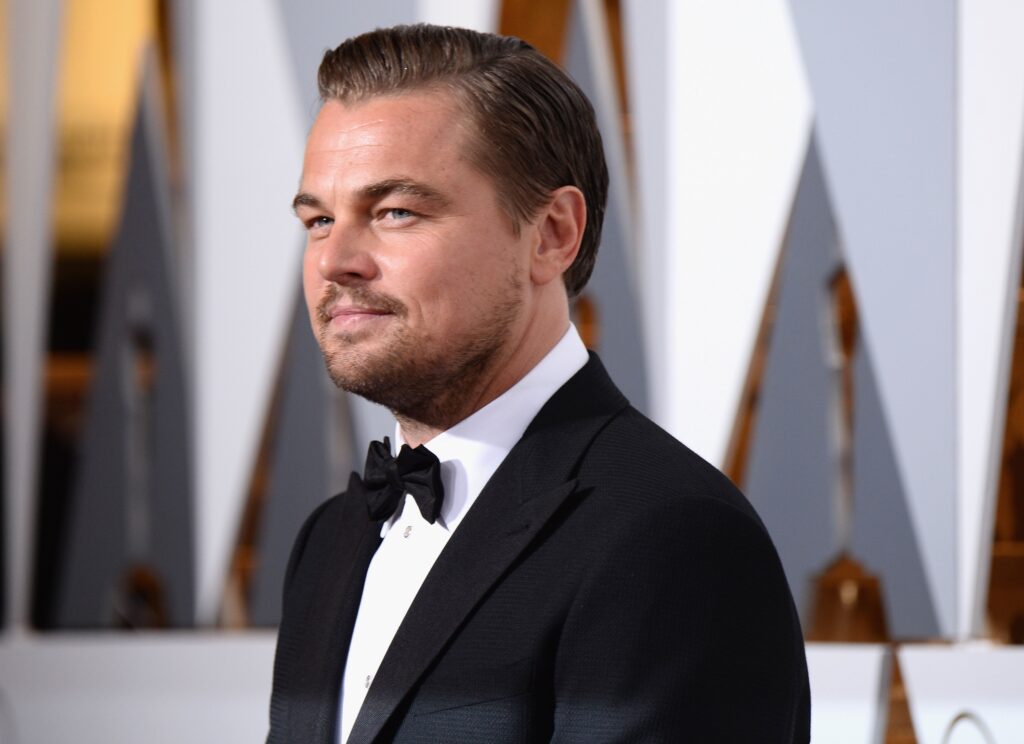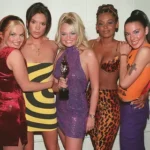Leonardo DiCaprio is a name that instantly resonates with moviegoers worldwide. Known for his extraordinary talent and charismatic screen presence, DiCaprio has become one of the most respected actors of his generation. However, his rise to fame began in his younger years, a time when Leonardo DiCaprio young was a fresh face in the industry, eager to make a mark. In this article, we’ll explore the early years of Leonardo DiCaprio, tracing his journey from his humble beginnings to the star he is today.

Leonardo DiCaprio Young: From Humble Beginnings
Leonardo DiCaprio was born on November 11, 1974, in Los Angeles, California. Growing up in a bohemian environment, young Leonardo DiCaprio was exposed to the arts from an early age. His father, George DiCaprio, was an artist, and his mother, Irmelin, was a legal secretary. Despite their modest means, his parents fostered a creative atmosphere in their home that would nurture his interest in acting.
As a child, Leonardo DiCaprio young was fascinated by movies and theater. He began acting in local commercials and television shows, quickly catching the attention of casting directors. By the age of 14, he was already auditioning for bigger roles. His first significant role was in the 1990 television series Parenthood, where he played the role of a young boy in a dysfunctional family. Although his role was small, it marked the beginning of his career and set the stage for bigger opportunities.
Leonardo DiCaprio Young: Breakthrough on TV and Film
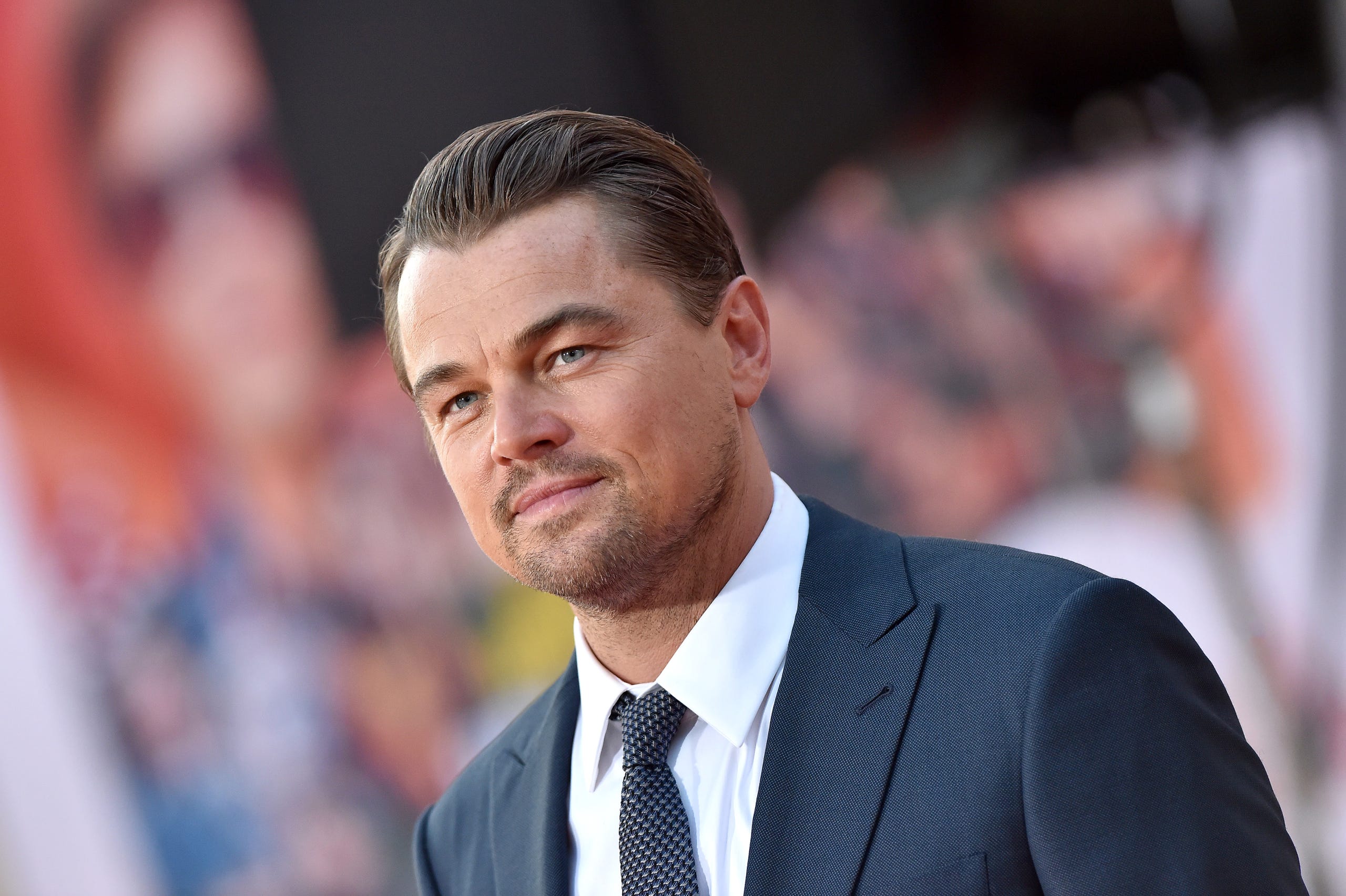
In the early 1990s, Leonardo DiCaprio young found himself landing recurring roles on television, which helped him gain a wider audience. His breakthrough role came in 1991 when he joined the cast of Growing Pains. He played Luke Brower, a troubled teen who joins the Seaver family. While the show was nearing its end, DiCaprio’s presence on the show made him stand out. The series gave him much-needed exposure and honed his acting skills.
Despite his success on television, Leonardo DiCaprio young had his sights set on Hollywood, and in 1992, he made his film debut with Critters 3 and Critters 4. Though these films were not box office successes, they helped DiCaprio gain experience in the industry. His real breakthrough came in 1993 with the film This Boy’s Life, where he starred opposite Robert De Niro. DiCaprio’s portrayal of a troubled teen who is subjected to the abuse of his stepfather garnered critical acclaim.
In the same year, Leonardo DiCaprio young appeared in What’s Eating Gilbert Grape, where he portrayed Arnie, a mentally challenged young man, opposite Johnny Depp. His performance in this film was nothing short of extraordinary. Leonardo DiCaprio young was able to immerse himself fully in the character, showcasing his immense acting ability. His portrayal earned him his first Academy Award nomination for Best Supporting Actor, making him one of the youngest actors to receive such an honor.
Leonardo DiCaprio Young: The Titanic Phenomenon
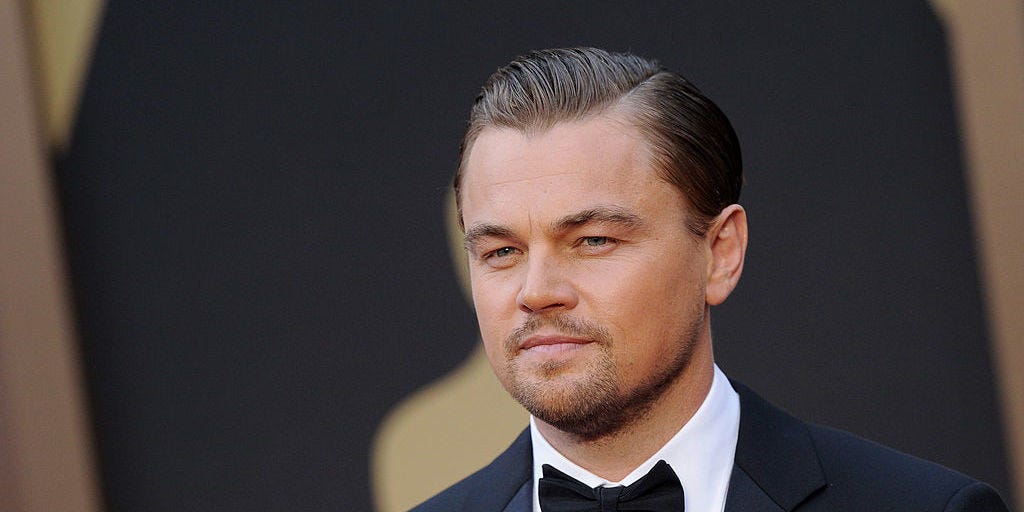
The year 1997 was a defining moment in the career of Leonardo DiCaprio young. It was the year that Titanic was released, a film that would become a cultural phenomenon and change his career forever. Directed by James Cameron, Titanic starred DiCaprio as Jack Dawson, a poor artist who falls in love with a wealthy woman, Rose, played by Kate Winslet, aboard the ill-fated RMS Titanic. The film was not only a massive box office success but also became a symbol of romance and tragedy.
For Leonardo DiCaprio young, Titanic marked the peak of his early career. The film grossed over $2 billion worldwide, making it the highest-grossing film of all time until Avatar surpassed it in 2009. Leonardo DiCaprio young was catapulted to global stardom, and his portrayal of Jack Dawson earned him a fan base around the world. The “Jack and Rose” love story became iconic, and DiCaprio became the ultimate heartthrob of the late 1990s.
However, while DiCaprio’s fame soared, he quickly became aware of the potential pitfalls of being typecast as just a pretty face. Leonardo DiCaprio young knew he needed to expand his range as an actor if he wanted to be taken seriously in Hollywood. Despite his newfound fame, DiCaprio made a conscious effort to avoid roles that would define him solely as a heartthrob.
Leonardo DiCaprio Young: Choosing Diverse Roles
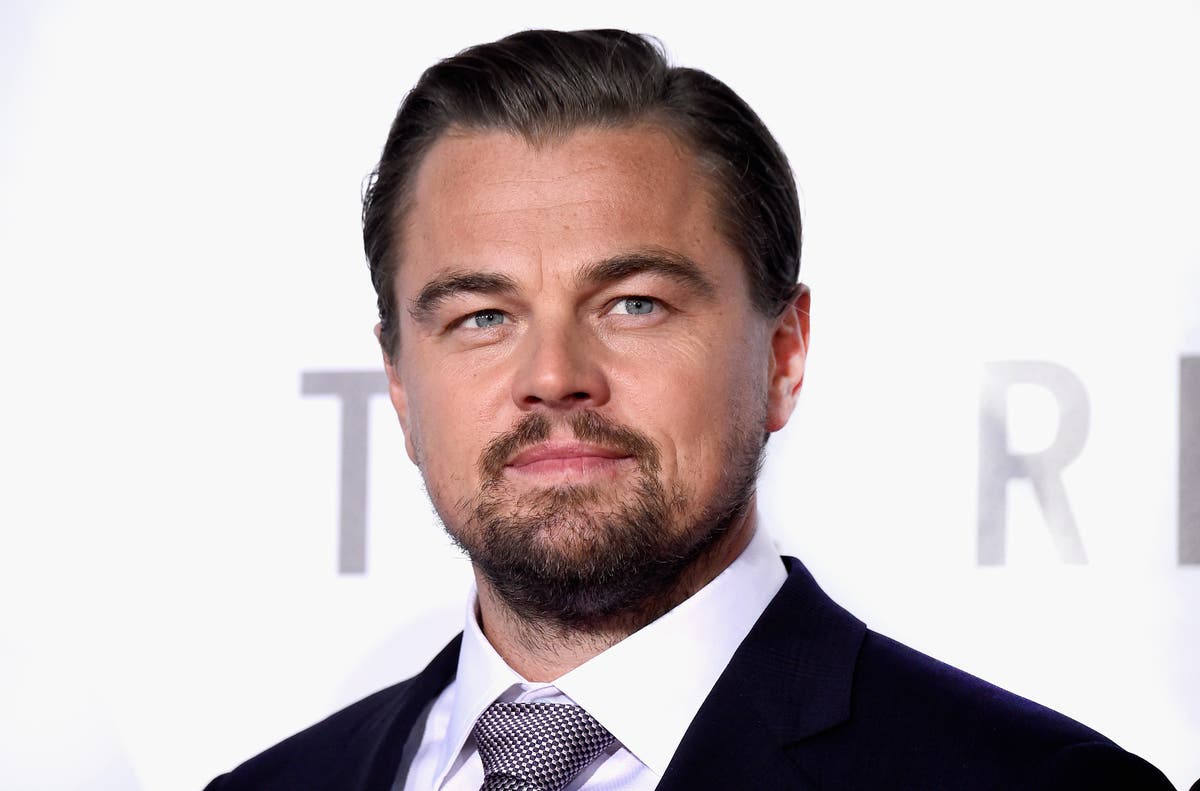
Following the success of Titanic, Leonardo DiCaprio young made several career-defining choices, opting for roles that would challenge him as an actor. One such film was The Beach (2000), where DiCaprio starred as Richard, a traveler searching for an idyllic paradise in Thailand. While the film was not as successful as Titanic, it marked DiCaprio’s first attempt to break away from the romantic roles that had made him famous.
In 2002, Leonardo DiCaprio young starred in Catch Me If You Can, directed by Steven Spielberg. In the film, he played Frank Abagnale Jr., a real-life con artist who successfully impersonated multiple professionals while evading the FBI. DiCaprio’s performance opposite Tom Hanks was both charming and riveting, demonstrating his versatility as an actor. This role helped to solidify his reputation as someone who could excel in a variety of genres.
Throughout the early 2000s, Leonardo DiCaprio young continued to choose complex and mature roles, such as in Martin Scorsese’s Gangs of New York (2002) and the historical biographical film The Aviator (2004), where he portrayed the eccentric billionaire Howard Hughes. These performances showcased DiCaprio’s growth as an actor, and he was increasingly recognized for his ability to tackle diverse characters.
Leonardo DiCaprio Young: The Road to Awards Recognition

As Leonardo DiCaprio young matured as an actor, his work began to earn him more critical recognition. However, despite his string of impressive performances, the Academy Awards seemed to elude him. After several nominations in the 2000s for films such as The Aviator (2004) and Blood Diamond (2006), Leonardo DiCaprio young had yet to receive the coveted Oscar for Best Actor.
In the years that followed, Leonardo DiCaprio young continued to work with some of the biggest directors in Hollywood, including Quentin Tarantino in Django Unchained (2012) and Alejandro González Iñárritu in The Revenant (2015). Finally, after nearly 25 years in the business, DiCaprio won the Academy Award for Best Actor for his portrayal of frontiersman Hugh Glass in The Revenant. The win was a long-awaited achievement that not only cemented his legacy but also rewarded his dedication to his craft.
Leonardo DiCaprio Young: A Legacy of Change
Throughout his career, Leonardo DiCaprio young has been a trailblazer, refusing to be pigeonholed into one particular genre or type of role. His ability to evolve and take on diverse characters has kept him relevant in the ever-changing landscape of Hollywood. Beyond his acting, DiCaprio has also become an outspoken advocate for environmental issues, using his platform to raise awareness about climate change and other global challenges.
As a young actor, Leonardo DiCaprio displayed a commitment to his craft that went beyond just landing high-profile roles. His early choices were defined by a desire to be taken seriously, and over time, he built a career that would be marked by both artistic achievement and social activism.
Conclusion: Leonardo DiCaprio Young, Then and Now
Leonardo DiCaprio young was more than just a pretty face; he was a talented and ambitious actor who knew how to navigate the complexities of the Hollywood industry. His early career was a mix of hard work, dedication, and a willingness to take risks. From his start in commercials and TV shows to his iconic role in Titanic, Leonardo DiCaprio young demonstrated a passion for acting that would propel him to superstardom.
Today, as one of the most respected actors in Hollywood, DiCaprio’s journey is an inspiring testament to the power of perseverance and the importance of making choices that align with one’s artistic vision. Leonardo DiCaprio young was just the beginning of what would become a remarkable career, and as he continues to evolve as an actor and a humanitarian, his legacy is sure to endure for years to come.

